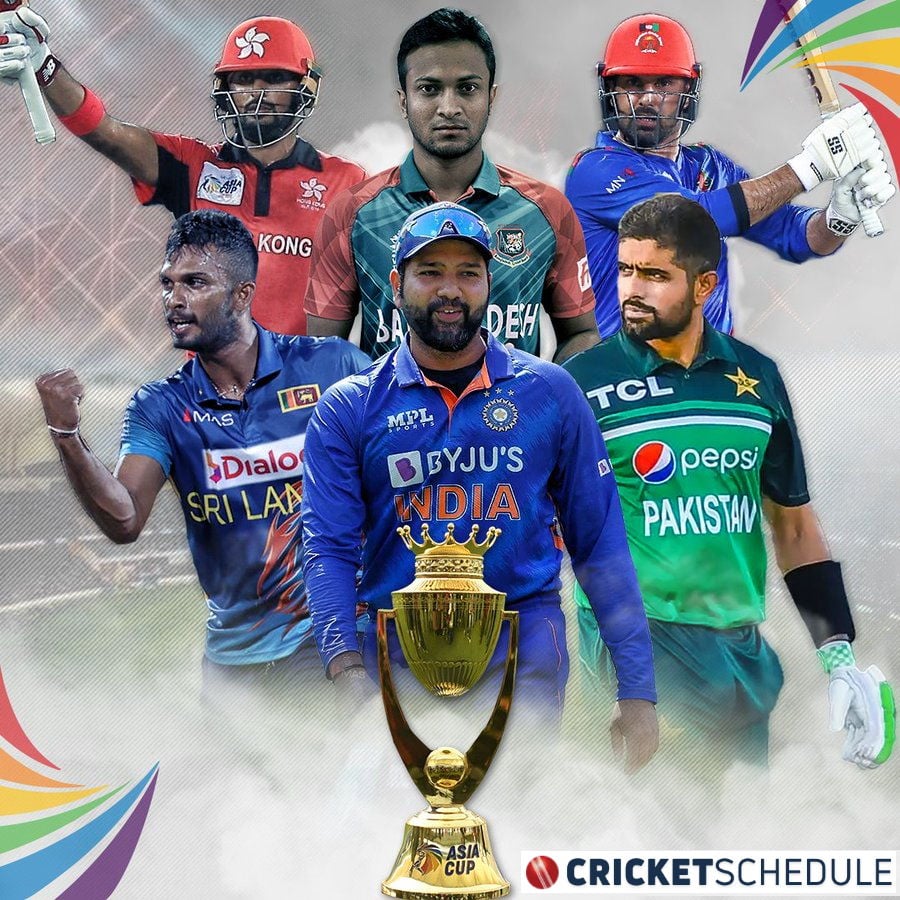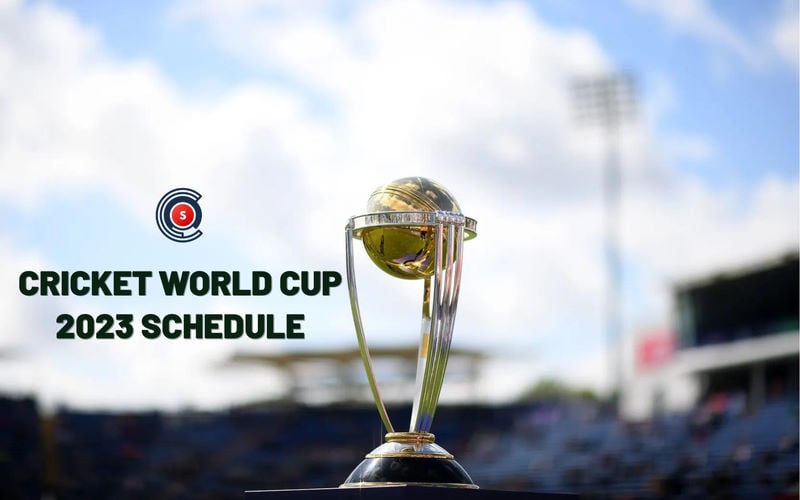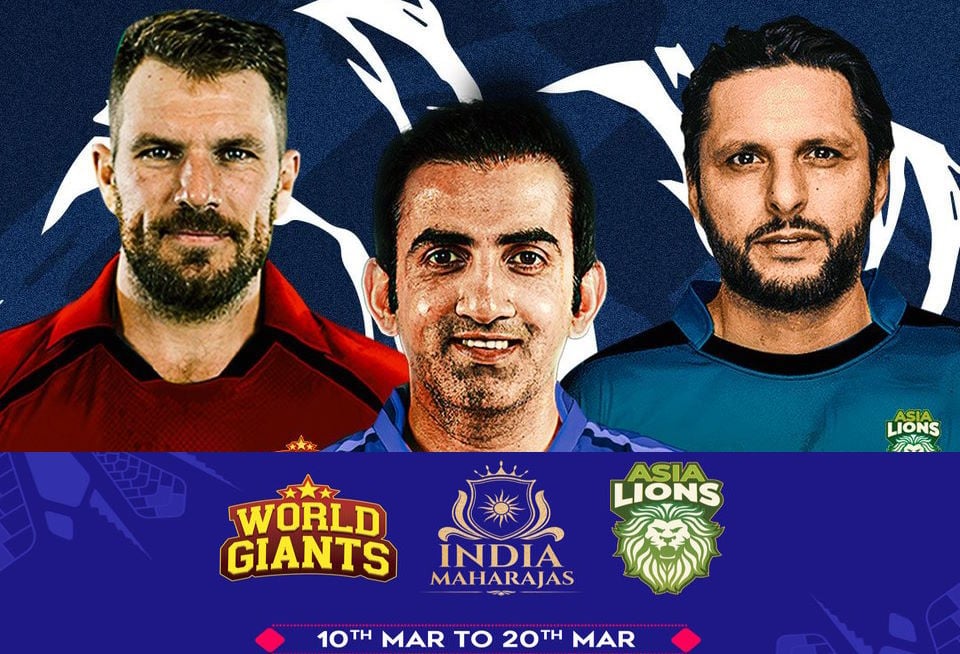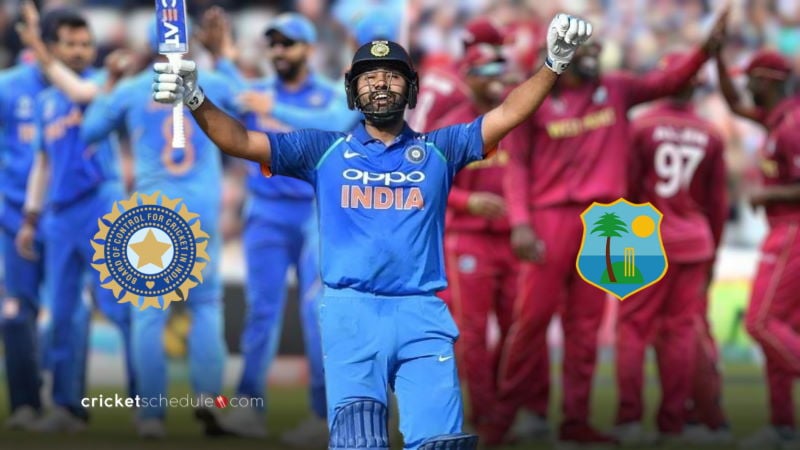
Cricket, one of the world’s oldest sports, is now widely considered a potential addition to the 2028 Summer Olympics lineup in Los Angeles. If you’re a fan of this centuries-old sport – or just curious about its history and significance – we’ll explore cricket’s lengthy past, from its roots in England to the modern expectations surrounding its possible inclusion at next summer’s Olympic games.
This article will delve deeper into cricket’s journey over the years, what makes it unique from other sports, and why so many people are pushing for this expected change!
History of Cricket – An Overview of the Sport’s Evolution
Cricket has a rich and fascinating history, tracing its roots back to the 16th century when it was first played in Southeast England. Children were the first to play it, but it soon evolved into a competitive sport for adults as well. The game initially spread to North America through English colonies and, after that, in India, Pakistan, Australia, New Zealand, and South Africa during British colonization. It further grew in popularity in those countries over time.
Cricket has undergone numerous changes, like the game’s T20 variant, which played a significant role in efforts to further evolve into the complex, strategic, and often thrilling spectacle enjoyed today.
From its early days as a simple game played by shepherds and farmers to its position as a global phenomenon with millions of fans, cricket has endured a long journey. The sport has been shaped by cultural, political, and technological changes, each leaving its mark on the game and helping it grow into the beloved sport it is presently.
The Growth and Popularity of Cricket
Once a sport only played by a select few countries, cricket has seen a rapid increase in popularity globally in recent years. The sport has found a home in diverse communities worldwide, from established cricket-playing nations like India and Australia to rising stars such as Afghanistan and Ireland. The ICC Cricket World Cup and T20 World Cup have become popular events worldwide, and it’s helped create healthy rivalries between different nations.
With its unique blend of athleticism, strategy, and passion, it’s no wonder that cricket has captured the hearts of millions – and continues to grow at an impressive rate. Whether you’re a lifelong fan or a newcomer to the sport, there’s never been a better time to experience the excitement of cricket and join global fans to bet on your favorite sport.
The ICC and Its Role in Regulating the Sport
Cricket is a sport that has captivated fans worldwide, but with so many different teams and tournaments, it can be hard to keep everything straight. That’s where the International Cricket Council (ICC) comes in. The ICC is responsible for making sure that cricket is played fairly and safely all across the globe. From setting rules and regulations to organizing major tournaments like the ICC Cricket World Cup, the organization plays a critical role in shaping the sport’s future.
The ICC also promotes sportsmanship and fair play with ongoing efforts to preserve cricket’s reputation, popularity, and integrity. They provide an effective way to discourage participants from acting improperly on and off the “field of play” or in a way that is against the “spirit of cricket.” The ICC also promotes a robust disciplinary procedure under which all matters of improper conduct can be dealt with fairly, definitively, and quickly., making cricket a game that everyone can enjoy.
A Look into Cricket’s Momentum Towards Inclusion in the Olympics
Momentum seems to be finally building for cricket to be played on the biggest of world stages – The Olympic Games. Over the past few years, there have been numerous discussions, with many high-profile individuals in the cricket community advocating for the sport’s admittance into the world’s preeminent sporting event.
In 2015, the International Cricket Council (ICC) officially applied for T20 cricket to be included in the 2028 Olympics in Los Angeles, with six nations eligible. The proposal was backed by the world cricket governing body, member nations, and some of the sport’s biggest stars, such as former captains Mahendra Singh Dhoni and Steve Waugh. The potential for cricket to inspire a new generation of athletes, particularly from non-traditional cricket-playing countries, is one of the many reasons enthusiasts are so eager to see the sport represented on the Olympic stage.
The Benefits and Advantages of Adding Cricket to the 2028 Olympics
The ICC is always looking to add new sports to its Games. The last time the Olympics were held in Los Angeles in 1984, there were only 21 sports; in 2020, there were 33. Over the years, sports like golf, skateboarding, surfing, badminton, rugby, and taekwondo have found their way into the Olympics arena, and it has done nothing but produced nothing but positive results.
Adding cricket to the 2028 schedule would go a long way in boosting it. The sport has a rich history and culture, and a global following during the Games would only increase its popularity and viewership. It would provide a platform for the players and fans alike to showcase their passion and talent and for the rest of the world to appreciate the game’s nuances. Additionally, including cricket would diversify the sports offerings in the Olympics, catering to a broader audience and attracting more people to the event.
Most importantly, it would help sell the sport in a nation where it’s not very popular–America. Just like FIFA hopes to spread soccer in North America with the 2026 World Cup, the Olympics can be a great advertisement for those who are very unfamiliar with it in the U.S. If it’s not added in 2028, its next opportunity would be to make it on the roster for the 2032 Games in Brisbane, Australia.
Watching or Participating in Olympic-Level Cricket Matches
Any athlete will tell you there is nothing like walking into an Olympics stadium during the Opening Ceremonies and then representing your country in the grandest of settings. The cultural exchange, the display of sportsmanship, and the pure athleticism that the players showcase are amazing. The excitement of the crowds and the noise it generates, both in the stadium and worldwide, is unmatched.
Cricket has evolved over the years, and Olympic cricket, with all the world’s best players competing against each other, reflects this. It’s a challenge of skill, strength, and strategy, and the intensity and drama of each match are awe-inspiring.

Official Anthem
2023 Cricket World Cup Anthem Song

Asia Cup 2023
Asia Cup Schedule, Dates, Timing & Venues

Cricket Schedule
ICC Cricket World Cup Schedule 2023

LLC Masters 2023
LLC Schedule, Dates, Timing & Venues

Cricket Schedule
India vs West Indies Schedule 2023

Cricket Schedule
The Hundred Schedule 2023
